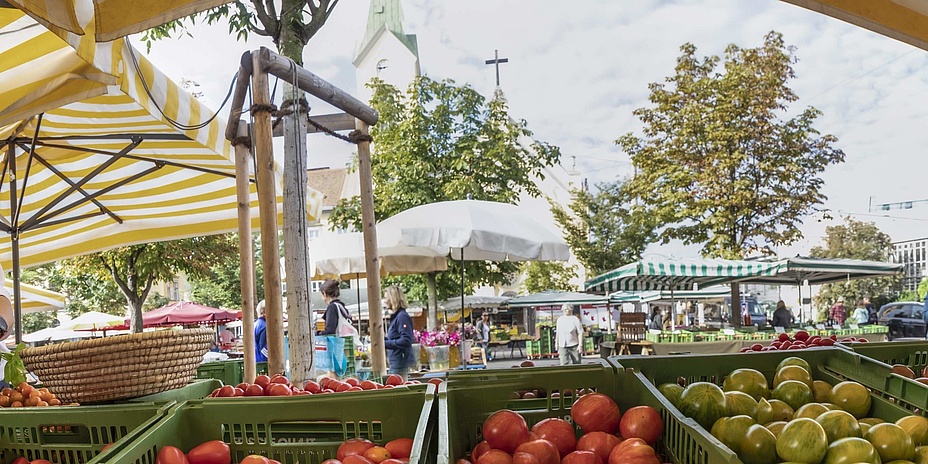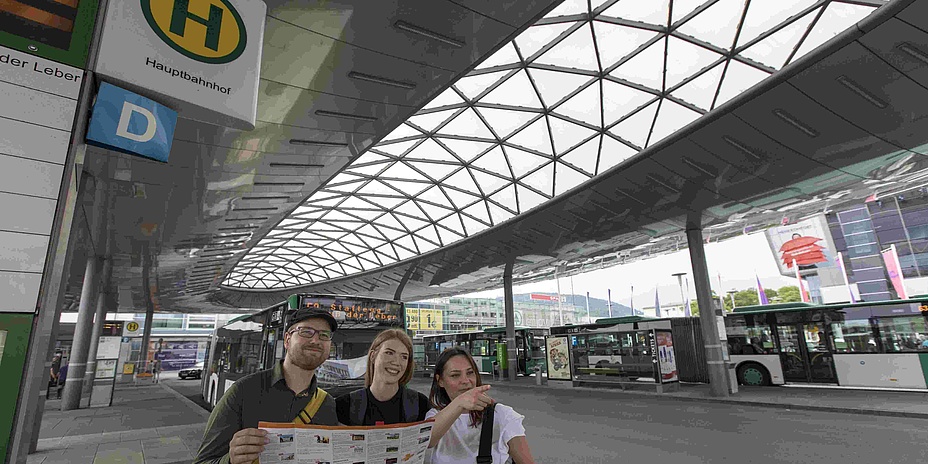Student life in Graz: a guide to living costs

Tuition fees and waivers
There are some costs that you cannot escape, like rent, utilities and of course, tuition fees. Apart from the 24.70 euros Austrian Student Union fee (ÖH fee) per semester that every student is obliged to pay, there can be an additional tuition fee. At present, however, most students at TU Graz do not pay tuition fees as they are exempt from paying tuition fees. The distinction as to who has to pay or not depends on various factors such as length of study, citizenship or residence permit. The amount of the tuition fee per semester is 363.36 euros, for non-EU foreign nationals it is 726.72 euros. More details can be found on the website about tuition fees and the Austrian Student Union fee.
Tuition fees are extremely low when you succeed studying within the standard study period.
Basic costs
Rent is for sure the highest and most important expense, and it can vary greatly depending on which part of Graz you want to live in. While living near the city centre can allow you to be close to TU Graz as well as to all important market places and most bus and tram lines, it can be very expensive. The rent can end up costing up to 500 euros per person per month when you share the apartment with someone, and the costs are higher when you live alone. Of course, these costs decrease as soon as you live in areas such as Wetzelsdorf and Straßgang, and in general when you move away from the central part. The costs can then end up being even below 300 euros per person.

A good alternative would be student dormitories. Depending on how many roommates or flatmates you want, the price can differ between 200 and 420 euros per month. The advantage here is that electricity, water, heating and internet are included. At the same time, you have the chance to choose your home in an area close to the centre or the university, thus eliminating the costs for public transport.
Here you can find a list of student dormitories in Graz.
Matko Mitrović’s blog post informs about health insurance and legal requirements when moving to Graz.
Food and public transport
Now let’s move from basic costs and talk about variable costs. Of course, the costs for food vary depending on what and how much you eat, and costs for public transport differ depending on how often you use it. But we will try to make some approximations. It is worth mentioning that groceries in Austria are cheaper than in countries such as Switzerland, France, Belgium and the Nordic countries, but they are more expensive than in Germany, Spain, Italy and the countries east of Austria. From my own experience, the costs of groceries per month are somewhere around 350 to 400 euros for one person, and I eat meat every day and don't skimp on good food. So, these costs can decrease depending on your diet.
Regarding public transport, an hourly ticket is 3.10 euros, while a 24-hour ticket is 6.80 euros. There are also weekly and monthly tickets, which cost 19.50 and 64.70, respectively. Those are tickets for the Graz area, and you can use them for buses, trams and trains. There is also the KlimaTicket Steiermark, which allows you to travel throughout Styria for a whole year, and it costs 299 euros for people under 26 years old.
The expenses for rent, public transport and food largely depend on your preferences.

Going out
Apart from the basic costs and costs for transport, we also need to take into consideration the cost of going out in our free time. Eating out costs around 10 to 15 euros. Regarding alcoholic drinks: a beer is generally between 3.80 and 6 euros. Wine is about the same, depending on quality, and cocktails can be as high as 12 euros.
Activities such as escape rooms or bowling are around 20 euros per person. Playing football with your friends in a hall (in case you don’t want to play outside for free), playing pool or going to watch a movie is around 10 to 13 euros per person.

Drawing the line for the month
Assuming you live in a student dorm which is located in the city centre, and you tend to go out from time to time, you should expect to spend a little less than 1000 euros a month.
If you live outside the city centre, you will most probably be staying in a flat and have additional utilities costs and most likely also public transport costs, you should expect to pay a little more than 1000 euros a month.




